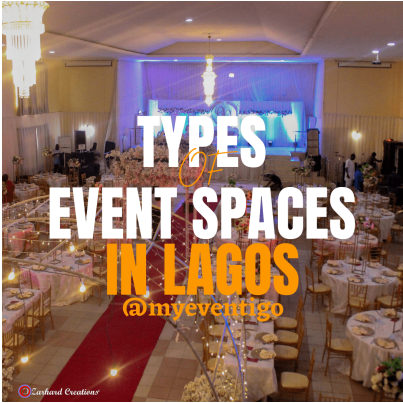Corporate events are more than a place for networking, marketing, presentations, and deal-making but a place where safety and well-being of every attendee is a priority. Whether you are organizing a large conference, a product launch, or a team-building retreat, careful attention to safety protocols is essential. In this guide, we’ll walk through some key measures that professional event planners should adopt to ensure a secure environment for their corporate events.
- Venue Safety and Compliance
The foundation of a safe event starts with choosing the right venue. It’s important to conduct a thorough site inspection ahead of time to ensure the venue meets local safety regulations, such as fire codes and building standards. Key elements to review include:
– Fire exits
– Emergency equipment (e.g., fire extinguishers, defibrillators)
– Accessibility for people with disabilities
Ensure that the venue can comfortably accommodate your expected number of guests without exceeding capacity limits, which could lead to overcrowding.
- Emergency Preparedness
While every event planner hopes for a smooth experience, emergencies may arise. A comprehensive emergency response plan is essential for dealing with unforeseen circumstances, such as fires, medical issues, or natural disasters. Be sure to:
– Assign staff members to handle specific emergency situations. You can also have emergency response medical personnels on site.
– Provide training for these individuals on emergency response protocols.
– Set up designated first-aid areas and ensure access to medical personnel or equipment.
Communicate the emergency plan to your staff and volunteers. It’s also wise to display emergency contact information prominently around the venue, or even include it in event materials.
- Health and Hygiene Protocols
Health safety has taken on greater significance in recent years, particularly in light of global health crises. Implementing strict hygiene measures is a must for every event. Some basic health protocols include:
– Providing hand sanitizing stations at entry points and in high-traffic areas like restrooms and food stations.
– Ensuring all food vendors comply with food safety regulations and handle food properly.

- Crowd Management and Security
Large corporate events can present crowd control challenges, and it’s crucial to manage these properly to maintain safety. Hiring trained security personnel to monitor the event and oversee crowd control is vital. In addition, implementing security measures like:
– Bag checks
– Weapon or Sharp object detection
– ID verification (if required)
– Restricted access areas can prevent unauthorized access.
Clear signage for exits, restrooms, and event spaces also helps manage foot traffic and avoid confusion. If your event is particularly large, consider staggering entry and exit times to prevent overcrowding at the venue.
- Technological Safety Measures
In today’s digital age, the safety of your attendees’ personal information is just as important as physical safety. Make sure your event’s Wi-Fi network is secure, and avoid using public or unsecured networks for sensitive information. If your event uses digital platforms, such as online registration or live streaming, ensure that data is encrypted and proper cybersecurity protocols are in place to guard against hacking or data breaches.
- Risk Assessments
Before your event, conduct a thorough risk assessment to identify any potential hazards and put plans in place to mitigate them.
- Communicate Safety Measures to Attendees
Your attendees need to be well-informed about the safety measures in place. Before the event, use email, your event website, or social media channels to inform them of any screenings, security checks, or prohibited items. During the event, share/announce the emergency protocol to keep everyone informed.
Prioritizing safety doesn’t just reduce risks, it enhances the overall experience, leaving attendees free to focus on what really matters. Next time you’re planning a corporate event, make sure to integrate these essential safety tips for a smooth and successful occasion for all involved.



